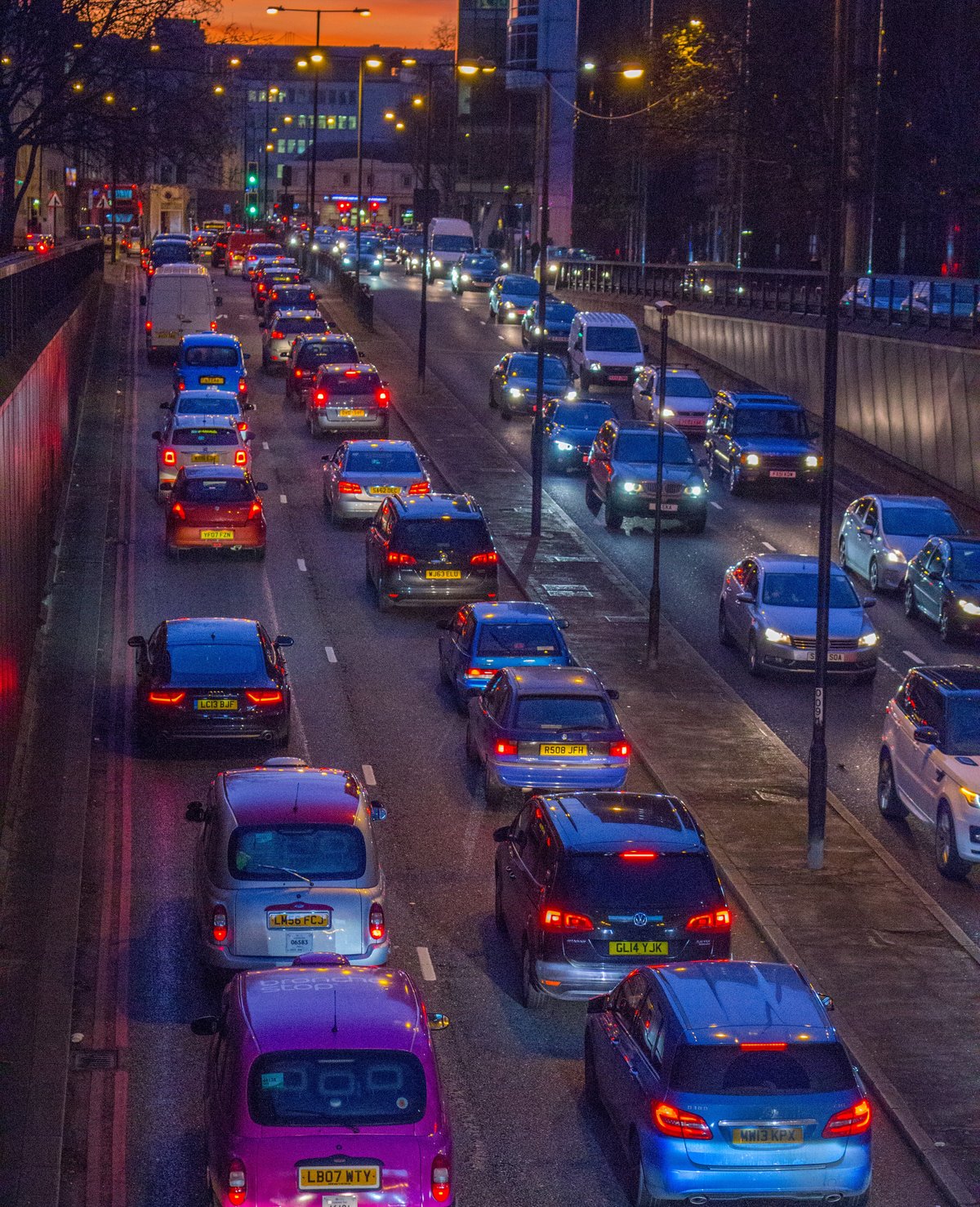A reflection on 2018 trends and Creative Concern’s predictions of the sustainability and social trends that will dominate 2019.
After Attenborough’s imploring final words in Blue Planet II in 2017, “The future of humanity, and indeed all life on earth, now depends on us”, 2018 seemed to witness ethical living and more conscious consumption hit the mainstream as consumers on mass started to take notice of their usage, and tweeted about it.
Documentaries, such as wildlife biologist Liz Bonnin’s Drowning in Plastic hit the headlines, and hit home. And add to this the steady rise and education of veganism and, of course, the mass outcry when the nation opened their cupboards and realised palm oil seemed to be a previously undetected ingredient in so many of the items residing inside. All in all, 2018 challenged the public’s ethical integrity on a large scale.
However, despite widely discussed efforts – single use plastic bag usage has reportedly dropped by 85% since the 5p charge was introduced and there’s been an estimated 30% drop in plastic bags on the seabed over this time – 2018 still saw global carbon emissions jump to an all-time high.
Keeping up to date with the latest consumer, market, social and ethical trends is essential for any organisation hoping to thrive in their industry. And that’s why here at Creative Concern, we’re looking ahead to what we expect the biggest sustainability and social trends will be in 2019.








